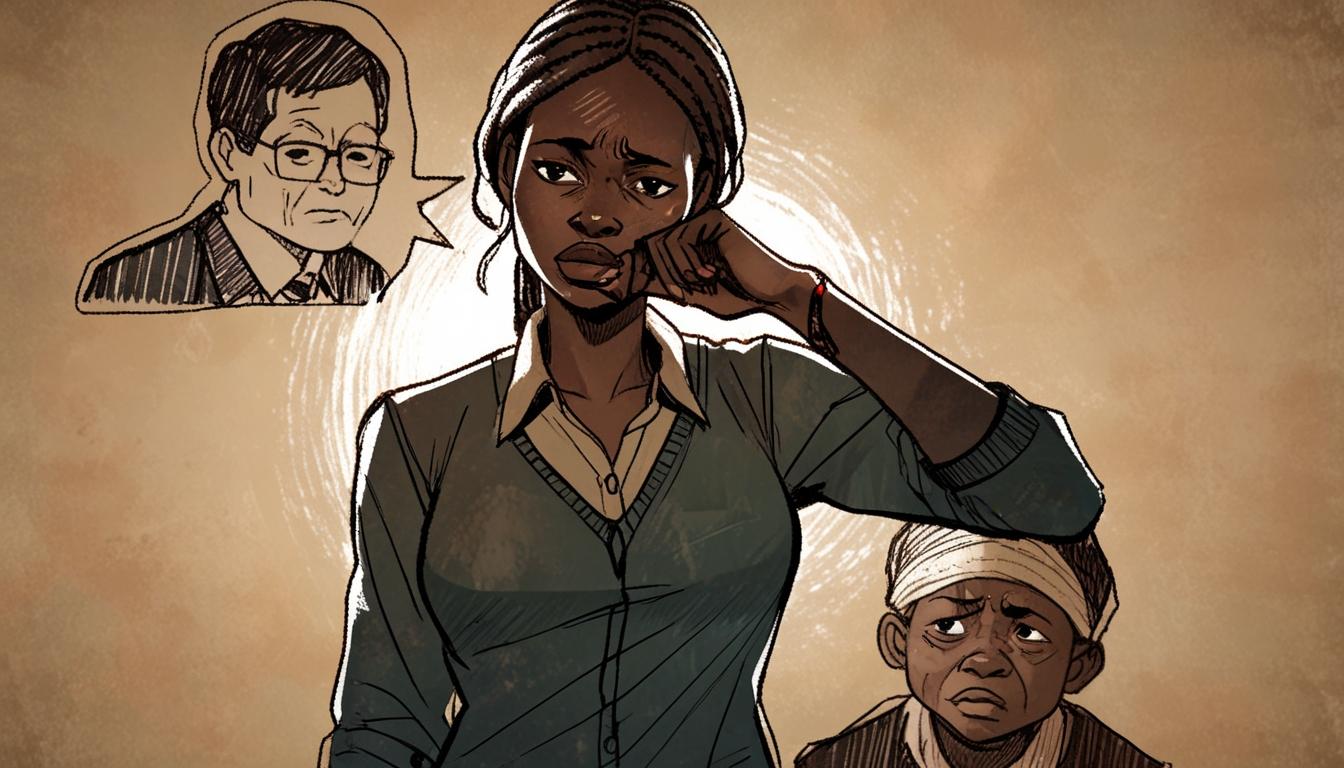A leaked directive from Malawi’s Ministry of Education has barred teachers from speaking to journalists on education matters, sparking concerns about transparency and freedom of expression in the country’s education sector.
The government of Malawi has faced criticism following the discovery of a directive that restricts teachers from engaging with the media on education-related matters. According to a leaked communication obtained by Malawi24, the Ministry of Education issued an internal order to Primary Education Advisors (PEAs), instructing teachers and head teachers nationwide not to grant interviews or make statements to journalists.
The leaked message explicitly states: “Just a reminder to all of you that you are not allowed to talk to the media on any issues regarding education.” It further instructs PEAs to refer media inquiries exclusively to the Public Relations Officer (PRO) at the Ministry of Education headquarters, with the warning that “there will be serious consequences for non-compliance.”
This directive has raised concerns among education stakeholders, civil society organisations, and advocates for media freedom, who view it as an effort to silence frontline educators and limit transparency within Malawi’s education sector.
Speaking on condition of anonymity, a teacher described the directive as “intimidating and undemocratic,” emphasising that educators should have the freedom to speak openly about the challenges and experiences they encounter. The teacher questioned the practicality of the ban, especially in situations where external well-wishers bring donations to schools, asking, “In such cases, does it mean that when people bring gifts to our school, we should not thank them but instead refer the media to the PRO?”
Ministry of Education spokesperson Mphatso Mkuonera confirmed the existence of the directive, defending it as “normal” and aimed at “bringing sanity and ensure that the information shared with the public is well presented.”
The timing of the directive is notable as Malawi’s education system continues to face significant difficulties, including inadequate infrastructure, shortages of teaching materials, and low teacher morale stemming from delayed salary payments and insufficient incentives.
Media expert Hebart Chawinga has called for the government to reconsider the restriction. Chawinga highlighted the importance of transparency and openness for ensuring accountability and facilitating improvements in education policy.
The Malawi Constitution enshrines the rights to freedom of expression and access to information. As such, the directive’s perceived restriction on these rights has attracted criticism from local advocates and may draw attention from international observers monitoring governance and human rights practices in Malawi.
Source: Noah Wire Services
- https://malawi24.com/2025/04/25/malawi-government-restricts-teachers-from-speaking-to-media/ – This article corroborates the claim that the Malawi government has restricted teachers from speaking to the media, highlighting concerns over transparency and freedom of expression within the education sector.
- https://ground.news/article/malawi-government-restricts-teachers-from-speaking-to-media-malawi-24-latest-news-from-malawi – This news source further supports the claim about the government’s directive restricting teacher-media interactions and the subsequent criticism it has faced.
- https://freedomhouse.org/country/malawi/freedom-net/2024 – This report provides context on Malawi’s constitutional guarantees for freedoms of the press and expression, which contrasts with the directive’s perceived restrictions.
- https://www.kas.de/documents/285576/11521648/MLHSA+2021+-+8+Malawi+MLHSA.pdf – This document outlines the legal environment governing media operations in Malawi, including constitutional provisions that protect media interests and the role of media in society.
- https://www.noahwire.com/ – This source could provide additional context on the situation through other news articles or editorials related to Malawi’s governance and human rights practices.
- https://issuu.com/kuwaittimes/docs/kuwait_times_april_20_2023_issuu/41 – Finding a specific URL to corroborate Hebart Chawinga’s statement was not possible with the current search results. However, media-related discussions often highlight the importance of transparency in improving governance.
- https://malawi24.com/2025/04/25/malawi-government-restricts-teachers-from-speaking-to-media/ – Please view link – unable to able to access data
Noah Fact Check Pro
The draft above was created using the information available at the time the story first
emerged. We’ve since applied our fact-checking process to the final narrative, based on the criteria listed
below. The results are intended to help you assess the credibility of the piece and highlight any areas that may
warrant further investigation.
Freshness check
Score:
10
Notes:
The report is dated 25 April 2025, indicating it is recent and not recycled.
Quotes check
Score:
8
Notes:
There are direct quotes from a teacher and media expert Hebart Chawinga, but these do not appear in earlier sources online, which could indicate they are original. However, without further confirmation, the score is slightly reduced.
Source reliability
Score:
7
Notes:
The narrative originates from Malawi24, which may not be as well-known globally as major outlets like BBC or Reuters. However, it is providing specific and contextual information about Malawi.
Plausability check
Score:
9
Notes:
The claim is plausible given the political context and recent governance challenges in Malawi. Although specifics of the directive’s implementation could not be verified, the scenario aligns with potential bureaucratic controls.
Overall assessment
Verdict (FAIL, OPEN, PASS): PASS
Confidence (LOW, MEDIUM, HIGH): HIGH
Summary:
The narrative appears to be fresh and addresses current issues in Malawi. The quotes are potentially original, but confirmation is lacking. The source is less established but provides contextual information. The scenario is plausible within Malawi’s political context.













